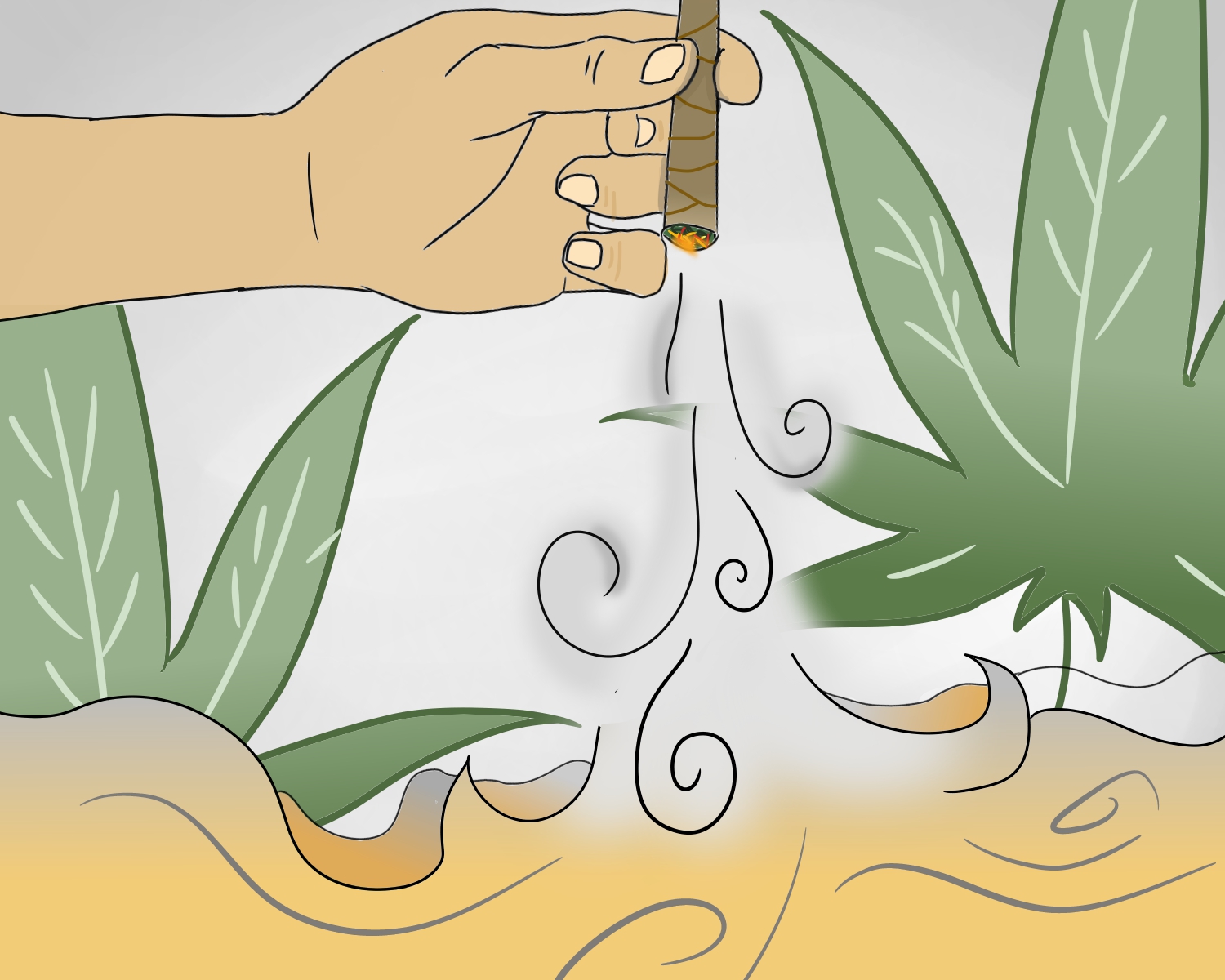Happy Five Years of Legalization
If you’ve ever lamented the hassle of finding and buying weed illegally, you know that November 7, 2012 was a monumental day in American history. On this exact date, Colorado and Washington became the first two states to legalize the recreational use of marijuana. For these residents, it meant no more hiding their precious kush, no more shadily smoking blunts behind abandoned Blockbusters, and no more struggling to pick up weed from some creepy acquaintance your friend “promised” was “cool.” And, for the rest of us, it meant the doors to a the world of lawful, non-medical marijuana were officially open. Just like that, potheads everywhere began emerging from their basements and start living their lives more freely.
Needless to say, a good amount of law-abiding citizens were freaked the fuck out when the 2012 proposition passed, citing public health, crime, and traffic safety as possible concerns. And, unfortunately, not everything has been quite as dank as people expected, but not for those reasons. Although marijuana sales have skyrocketed since 2012, with Colorado surpassing the $1 billion mark in 2016, the increased success of marijuana is harming the business of its partner-in-crime: alcohol. According to a recent study from Cannabiz Consumer Group, “the beer industry could lose more than $2 billion in retail sales due to legal marijuana,” as consumers start to spend more money on weed and less on booze. Is this bad news for the Corner Store?
Maybe not. After all, weed has only been legalized in these states for a total of five years, so there’s really no way to know for sure how and to what extent these new regulations will impact our precious liquor industries. What we do know now is that recreational marijuana in Colorado and Washington has had little influence on the public health of their citizens. Traffic safety has remained largely consistent, and tax revenues have even gone up in these states. Cue a collective “WE TOLD YOU SO” from all your favorite stoners. As happily stated by Forbes, “In Colorado, 2016 taxes received by the state on alcohol sales actually increased between January and November. Beer tax receipts climbed 4.5%, spirits rose 4.0% and wine increased 3.3%,” meaning that alcohol industries seem to be doing just fine. At the end of the day, the effects of weed have been minimal at best, neither harming nor helping anyone in the drastic ways we might have expected. So for now, there’s nothing left to do but to sit back, grab some Funyuns, blaze on, and see what happens.


